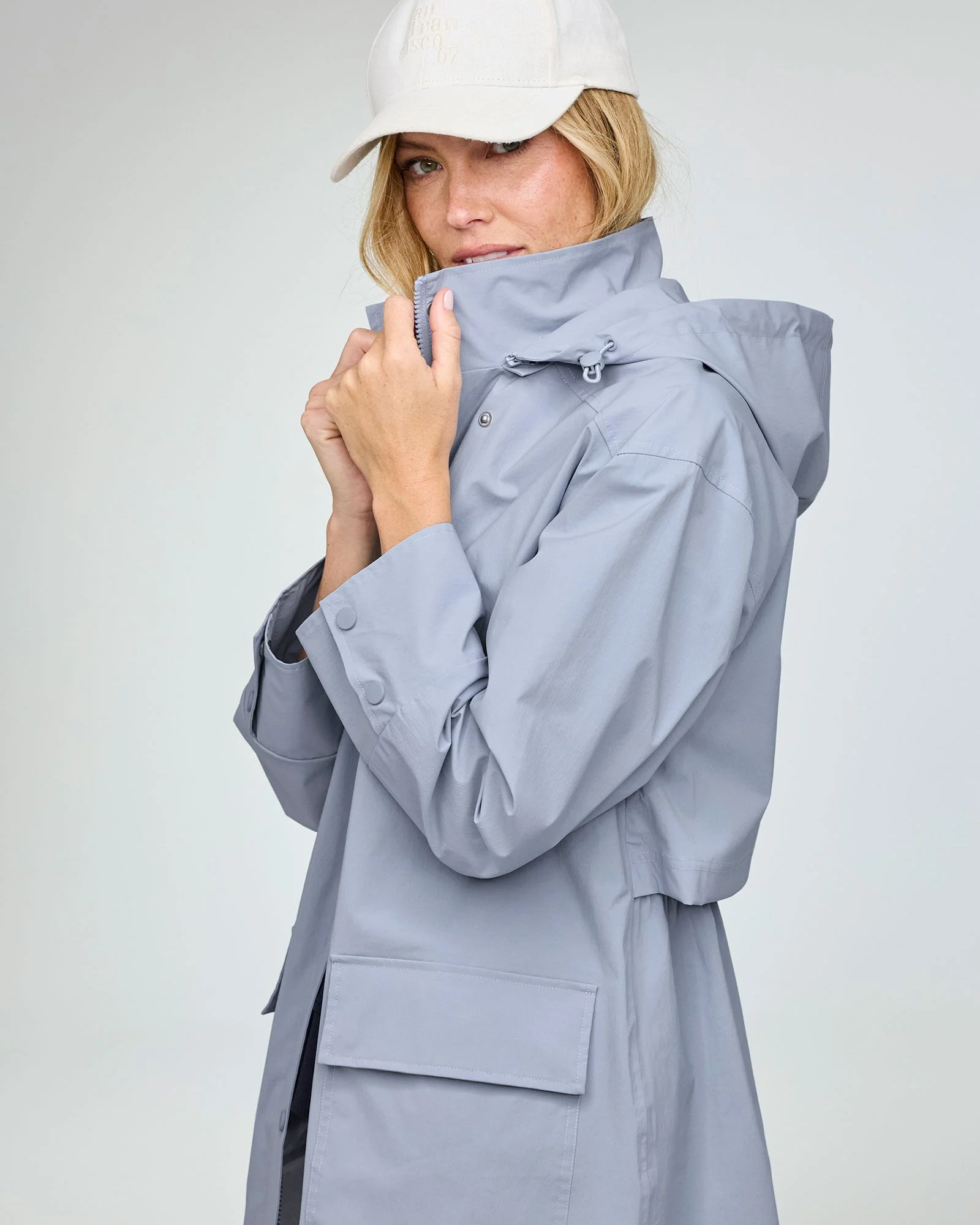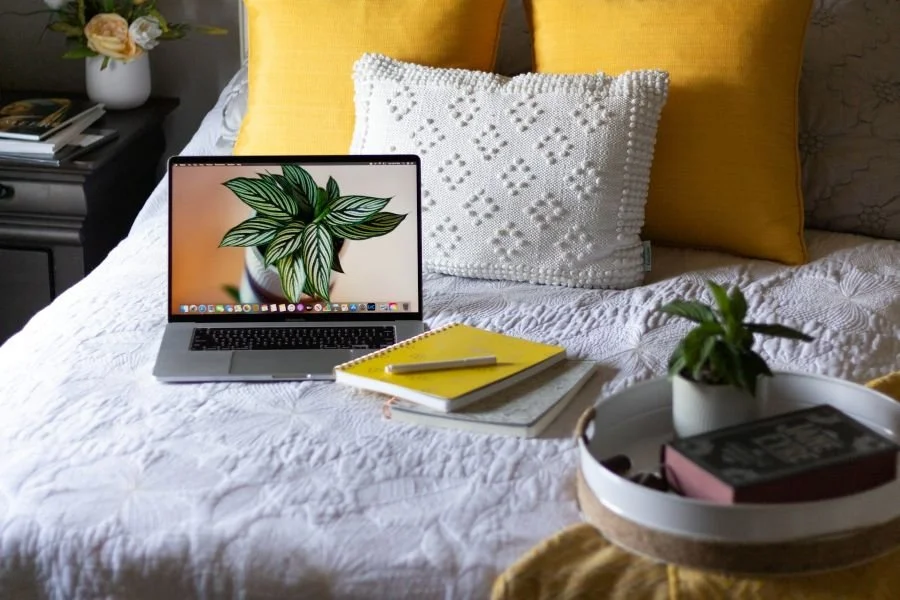4 Natural Cleaning Tips from Italy
/CREDIT: Unsplash
In Italy, nature and tradition still take precedent over Google and Amazon. This has resulted in a wealth of knowledge and skill preserved in the hands and minds of every nonna.
Usually, all we want to know are the cooking tips! But there’s so much more to be learned from Italy’s millennia-old traditions.
So today, give the global pandemic, we’re looking at some natural cleaning tips from the boot. Some tips are modern, and others are ancient, but all of them are 100% natural, and they all really work!
Let’s get scrubbing.
Antimicrobial Metals for Simple Sterilization
CREDIT: Soji.
The existence of germs is a relatively new discovery, but Italians have been using antimicrobial metals for thousands of years.
These include copper, silver, and zinc.
Famous Romans such as the doctor Aulus Cornelius Celsus and the historian Pliny praised antimicrobial metals for their ability to sterilize water and heal a number of illnesses.
Today, hospitals use copper surfaces and silver tools to keep germs away.
There are a number of antimicrobial metal products for the home, too.
One of the most innovative are antimicrobial fabrics, which are made by weaving metal fibers into linens to infuse them with their germ-killing powers.
Soji Towels are a good example. These towels are made with bamboo fibers and real silver, and they kill 99.99% of bacteria, viruses, mold, fungus, and allergens on contact. This can make a huge difference in your bathroom, as the average towel contains hundreds of times more bacteria than a toilet seat!
Another benefit of towels like Soji is that they are forever free of towel odors and musty smells. No odor-causing bacteria and mold can grow on them, so they smell fresh for life.
Soji are super soft and super clean. And, they bring a touch of Italy’s ancient traditions into your home.
Do you want a set of Soji Towels for your home? Pre-order Soji now and get 50% off during a special pre-sale event!
Lemons for a Healthy Body and Home
Credit: Unsplash.
Ask any Italian what the super-est of the superfoods are, and they’ll tell you: Lemons, without a doubt.
It’s almost impossible to find an Italian home that isn’t stocked with a bowl of ripe lemons. Many even buy lemon trees to keep stocked all year round.
Lemons are used in cooking, of course, by they’re also key in cleaning.
Did you know that ancient Italians used to toss loads of lemon wedges into their reservoirs? The citric acid killed bacteria and made standing water drinkable.
Lemon has hundreds of modern uses as well. Here are just a few:
Glass Cleaner: Add some lemon and water to a spray bottle to make a natural glass cleaner.
Degreaser: Acid from lemons lifts grease from stoves, counters, and other surfaces.
Natural Bleach: Bleach is dangerous. Lemon juice is safe and healthy. And they both eliminate stains from whites.
Countertop cleaner: Squeeze some lemon juice on countertop stains, and a few minutes later, they’ll easily scrub away.
Copper pot shiner: Copper cookware doesn’t mix well with chemical cleaners. Use salt and lemon to remove spots.
White Vinegar Cleans Everything
Credit: Unsplash.
Nonnas swear by vinegar as much as they do lemons. This natural, yet smelly, liquid can clean just about anything. It kills mold, cuts through grease, removes stains, and does a lot more.
Vinegar is also used to keep pests out of the house in rural Italian villages. Just spray it around the windows and doors (or wherever ants and mosquitos are getting in), to keep your home free from creepy crawlies.
Some other uses of white vinegar include:
Air freshener: it might seem counterintuitive, but the acid in vinegar neutralizes odors in the air. Add some to a spray bottle or leave a small cup next to your sink or stove.
Metal cleaner: Vinegar cuts through buildup around your faucet, drain, and other metal appliances, returning them to their shiny glory days.
Glass cleaner: Vinegar might be even better at cleaning glass than lemon. You can even mix the two together for extra cleaning power!
Coffee maker descaler: Run a mix of water and vinegar through your coffee maker to descale it and remove mineral buildup.
“Change the Air”
Credit: Unsplash.
The final tip is the easiest, and it’s the one that Italian mothers use the most when walking into their sons’ bedrooms:
“Che puzza! Apri la finestra per cambiare l’aria!”
(What a stench! Open the window and get some fresh air!)
The term cambiare aria literally means “change the air,” and it comes from the traditional Italian belief that fresh air is good for you.
Many people believe the same thing the world over, but Italians will actually open their windows on frigid and rainy days just to change the air. In other countries, people keep their windows shut for months at a time to keep the house warm.
The problem is, poor ventilation can increase the risk of spreading germs (according to the WHO). Changing the air in your home once every day or two can help remove stuffy air, dust, germs, and stale food odors.
Besides, it just feels nice to get some fresh air!
Clean Like an Italian for a Fresh Perspective
Credit: Soji.
Italian cleaning traditions might seem odd to some, but they come from a long line of tried-and-true traditions. Thousands of years of nonnas can’t be wrong.
Try some of the tips on this list for a fresher and cleaner home, and know that you’re doing the world a favor by opting for natural cleaners instead of polluting chemicals.
And, don’t forget to replace your old towels with silver-infused Soji towels. They’re 50% off during a pre-sale event, and they’d make old Pliny proud.
Learn more and order Soji now at sojitowel.com.
**This is a collaborative post.




















(1).jpg?w=300&h=250)





.jpg)








